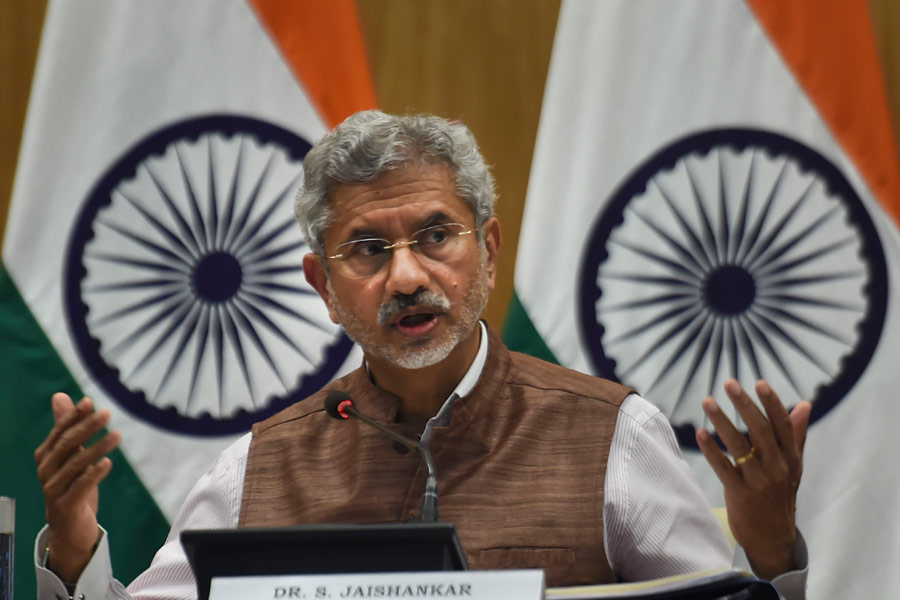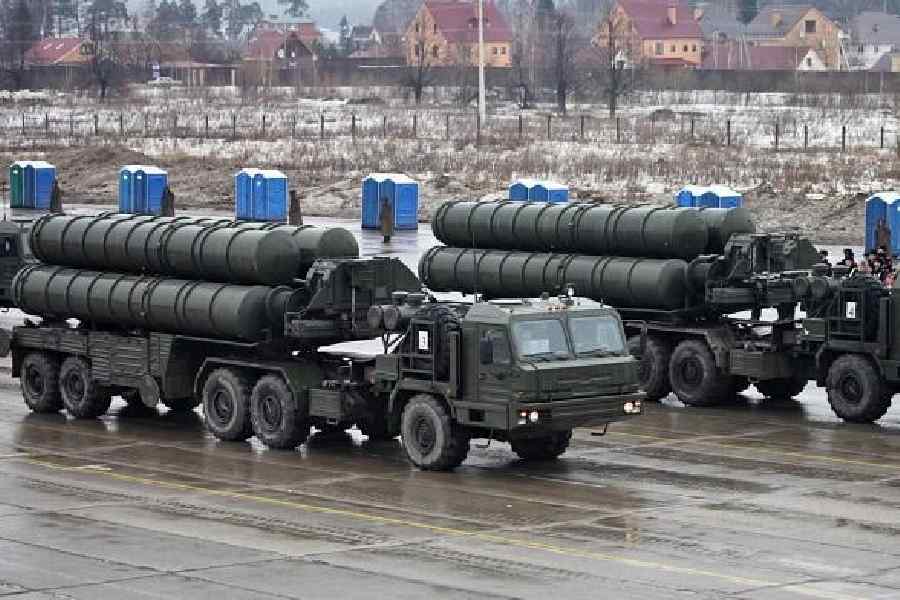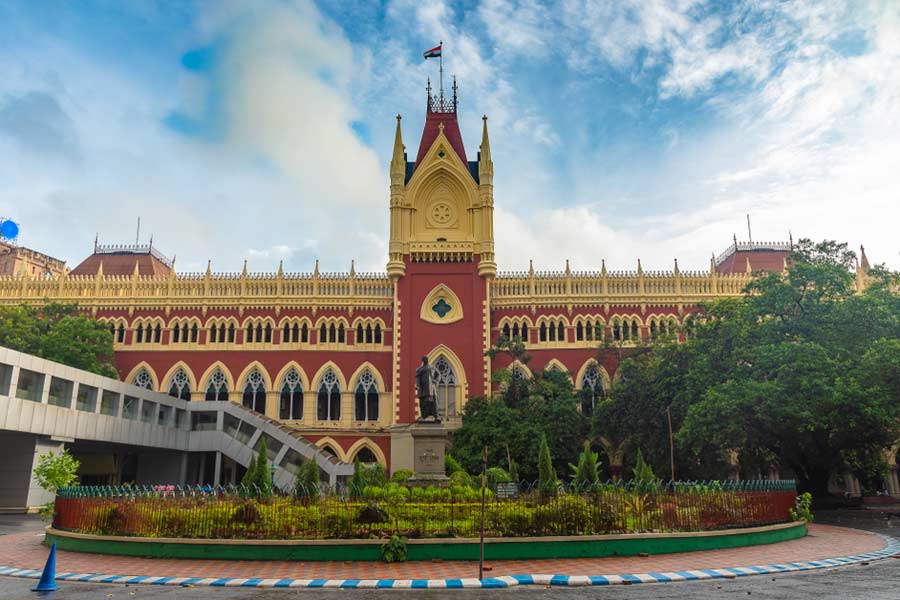Even though India and Pakistan have made some efforts to streamline the process of repatriating each other’s prisoners, a visit to prisons on either side can still yield disturbing stories.
Often, these cases come to light through media reports. Gajanand was imprisoned in Pakistan for 36 years for a prison sentence of two months; Yousaf, a Pakistani man lodged in the Alwar Detention Centre, remains there in spite of having completed his sentence in 2016. These stories provide a glimpse of the larger problems confronting foreign national prisoners, or FNPs, in countries across the world, especially in South Asia. A petition to the Supreme Court noted that around 1,000 Pakistani prisoners were awaiting repatriation in different prisons in India. The case has been pending since 2005, and the details of released prisoners remain unknown.
Consular access is the process by which state and Central law enforcement agencies inform a foreign government representative of the arrest and detention of a citizen of that country. It also includes the granting of permission to the representative to assist and visit the national in prison. Diplomatic missions in other countries are responsible for verifying the nationality of their arrested citizens (in case of disputes), assisting in ensuring legal representation for them, informing the citizens’ families of the arrest, ensuring that their citizens are imprisoned in humane conditions and facilitating their repatriation.
In a foreign land, the consular representative is one’s ‘next of kin’ and, at times, is the only visitor that an FNP can have. Yet, hundreds on both sides of the border remain without consular access. India and Pakistan have both ratified the Vienna Convention on Consular Relations 1963, Article 36 of which talks about consular access and says that when a national of a foreign country is arrested, the detainee should be notified of the right to have the consulate notified and be offered regular consultations with it.
According to a recent study by the Commonwealth Human Rights Initiative, there are at least 116 Pakistani nationals in prisons across India. This number may be on the lower side of reality since the study was based on Right to Information requests to the heads of all prison departments of states and Union territories in India. Responses, however, were received from only 26 of them. Data revealed that of the 3,908 FNPs, only 5.7 per cent (222) FNPs had received consular access.
India had knocked on the doors of the International Court of Justice in May 2017, claiming ‘egregious’ violations of the Vienna Convention on Consular Relations by Pakistan after its authorities refused to give New Delhi consular access to Kulbhushan Jadhav, who was arrested by Pakistani authorities in March 2016 and charged with spying, an allegation that was denied by India.
In May 2008, both countries signed an agreement wherein they agreed to constitute a joint judicial committee for the rights of prisoners and fishermen. Since its inception, the JJC has met only seven times, the last of which was in October 2013. As part of the agreement, a list of prisoners and fishermen is to be exchanged between the countries twice a year, on January 1 and July 1. But the bilateral agreement has not been implemented yet. A recent move by the government led by Imran Khan, announcing the release of 30 Indian prisoners followed by the release of the engineer, Hamid Ansari, has ignited hope that both sides will follow through on their duties towards their citizens and the global community.
India and Pakistan need to ensure that consular access is provided promptly to their citizens in prisons. They must also share prisoners’ information on a regular basis. The revival of the Indian and Pakistani JJC on prisoners would be the best way of achieving this. When the committee was functional, visits to prisons and meetings with Pakistani nationals were frequent.
A visit to the Alwar Detention Centre last year revealed the plight of Yousaf and many others like him. The detainees spoke of the absence of a canteen as well as basic necessities like soap, toothpaste and mosquito repellents. There are other challenging examples. A detainee with tuberculosis was forced to live with other prisoners because of the shortage of accommodation in one centre.
In another, a Pakistani citizen, who appeared to be mentally ill, sat on a large rock and stared at a wall under the blazing sun. He had been forced to stay in the detention centre since 2009.
India has shown interest in resolving the issue by sharing details of the reconstituted JJC. The ministry of external affairs has also sought dates for the committee’s visit. Even though the mechanism will only be complete once Pakistan responds by naming its counterparts in the JJC, this, nevertheless, is a source of hope. The two sides urgently need to deal with specific issues at hand instead of relying on occasional humanitarian gestures.
The author is a project officer, Prison Reforms Programme, CHRI











